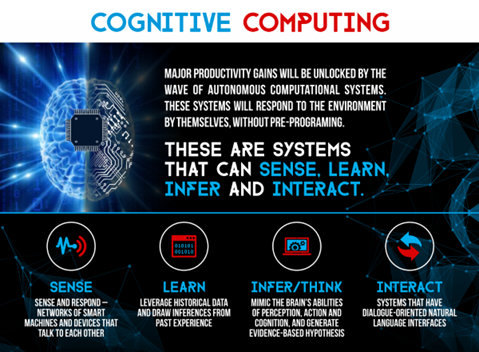The Rise of Cognitive Computing: Revolutionizing How We Process and Use Data

Course Content
Introduction
-
Definition and explanation of cognitive computing
00:00 -
Importance of cognitive computing in today’s data-driven world
00:00 -
Purpose of the ebook
00:00